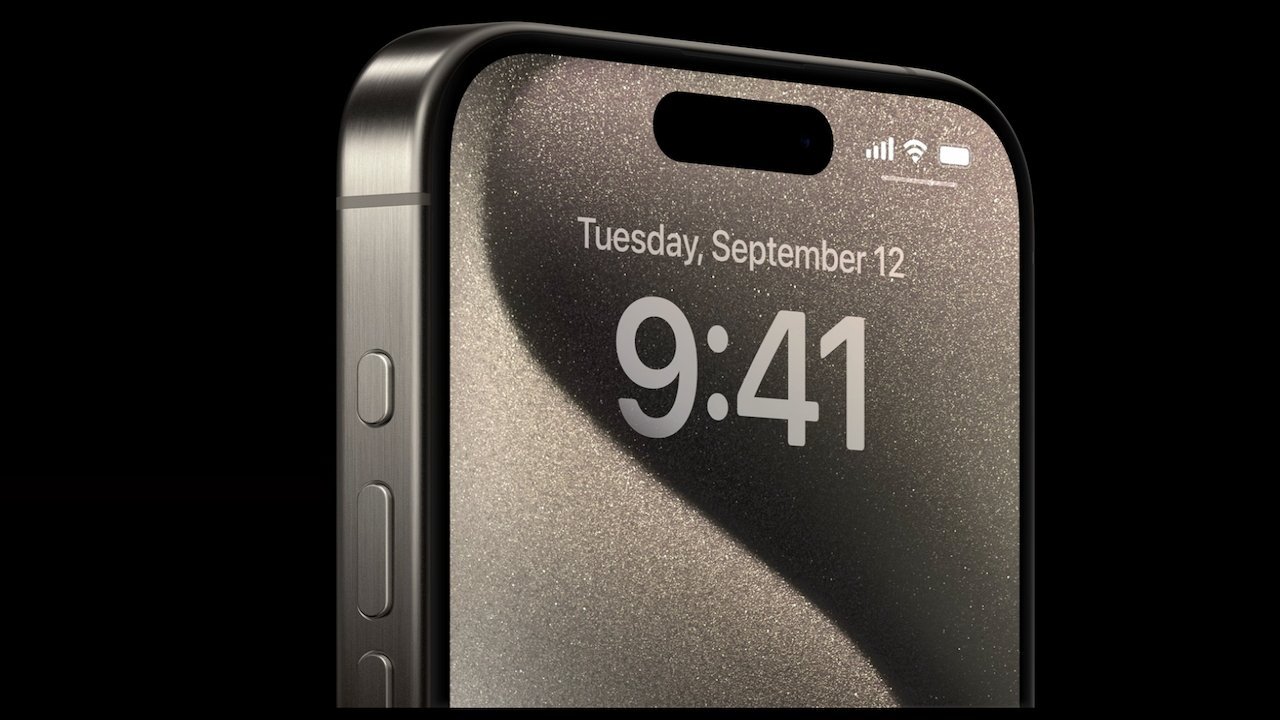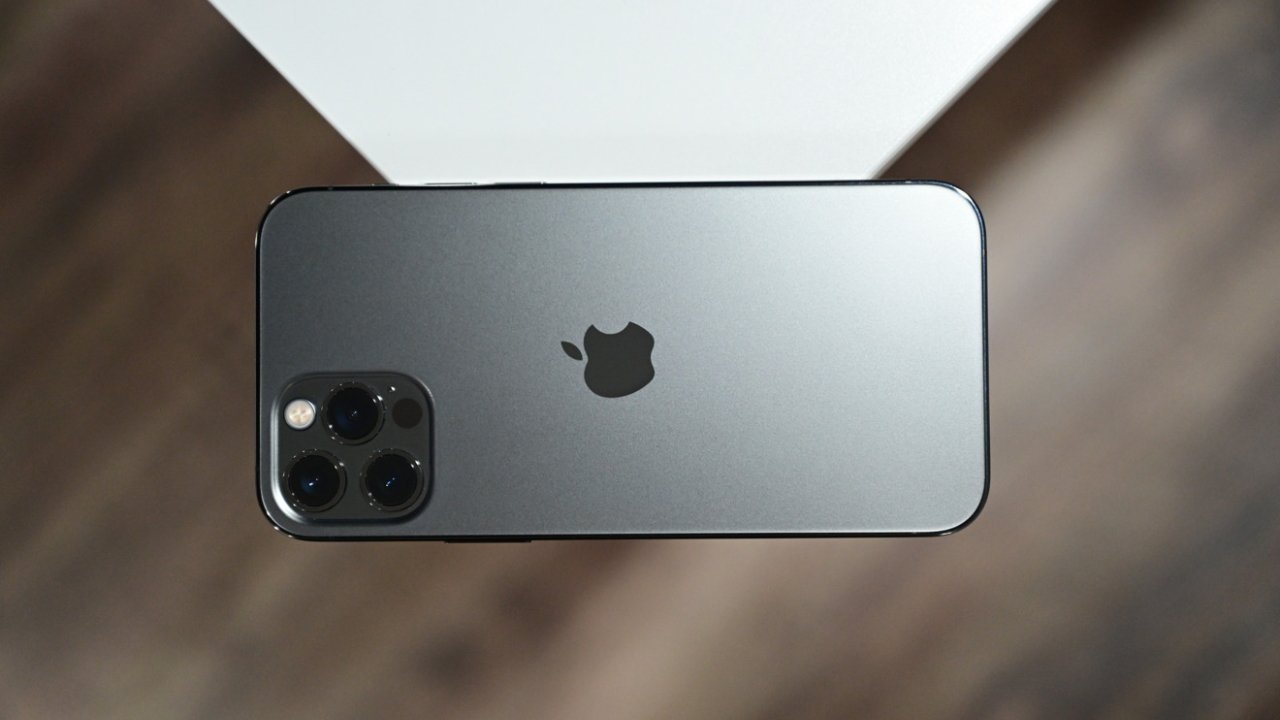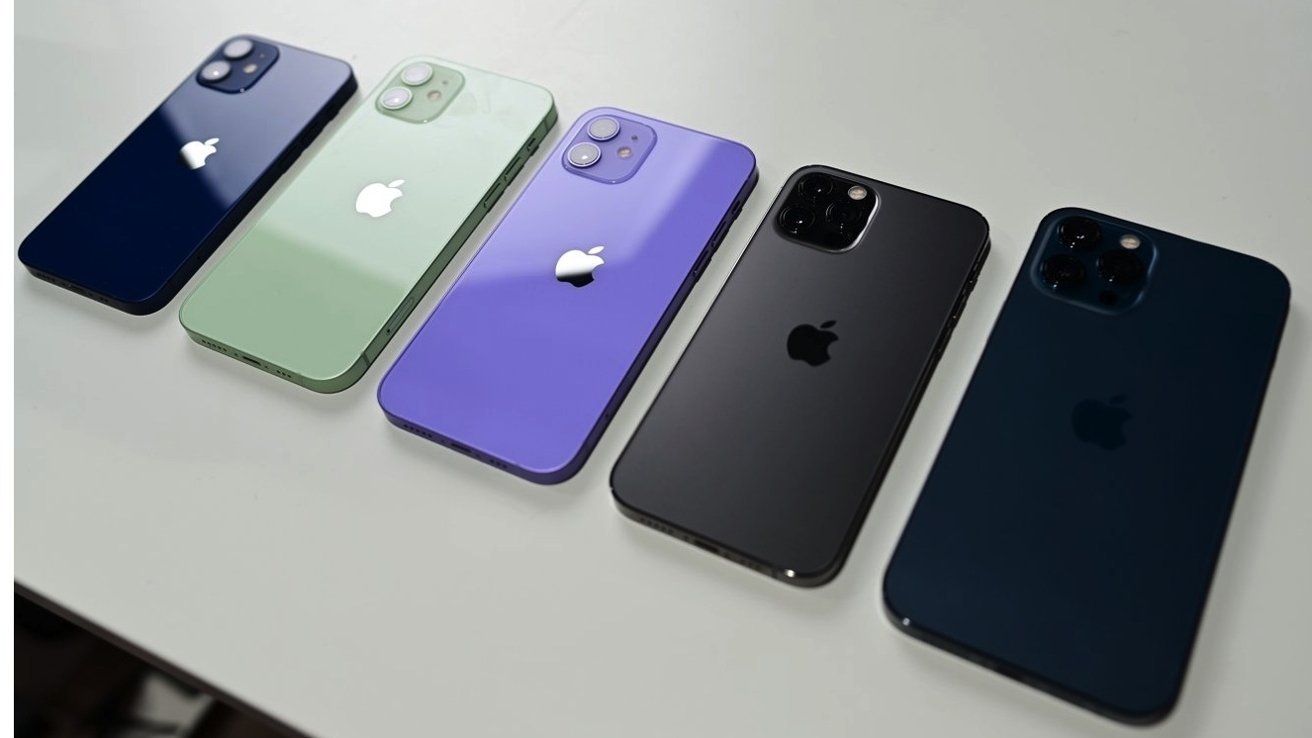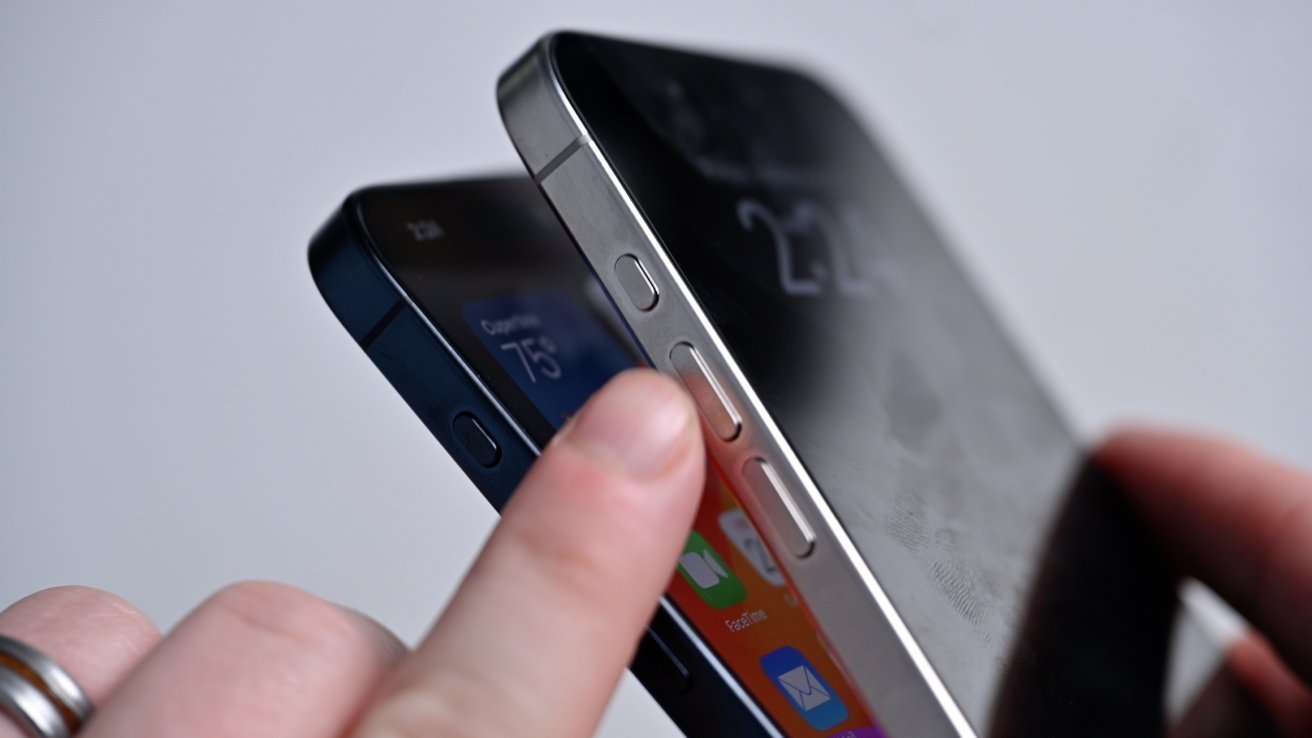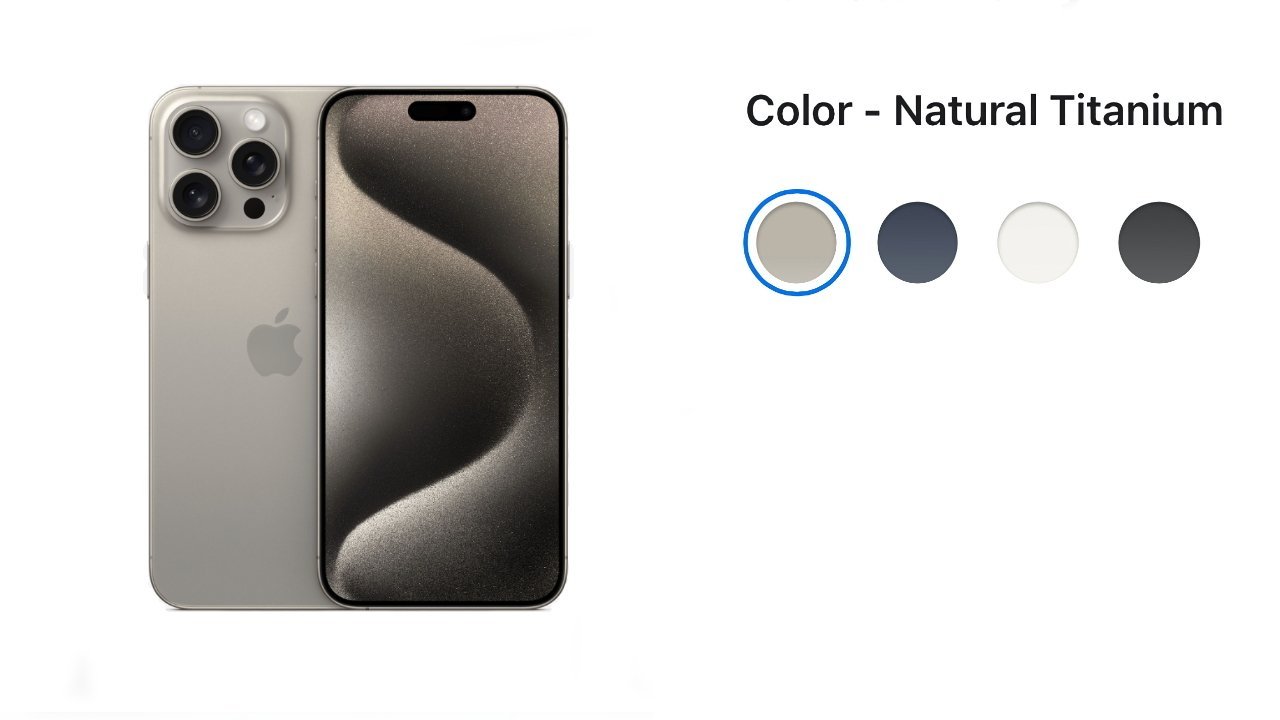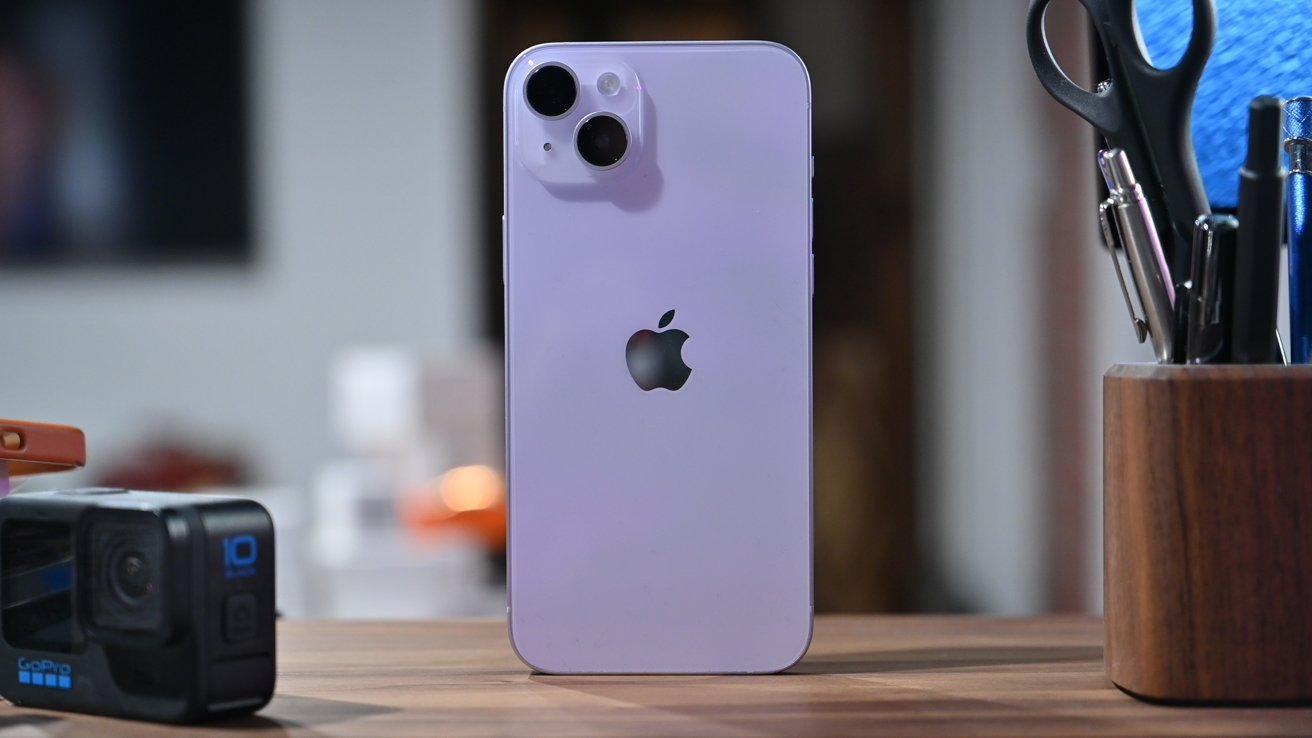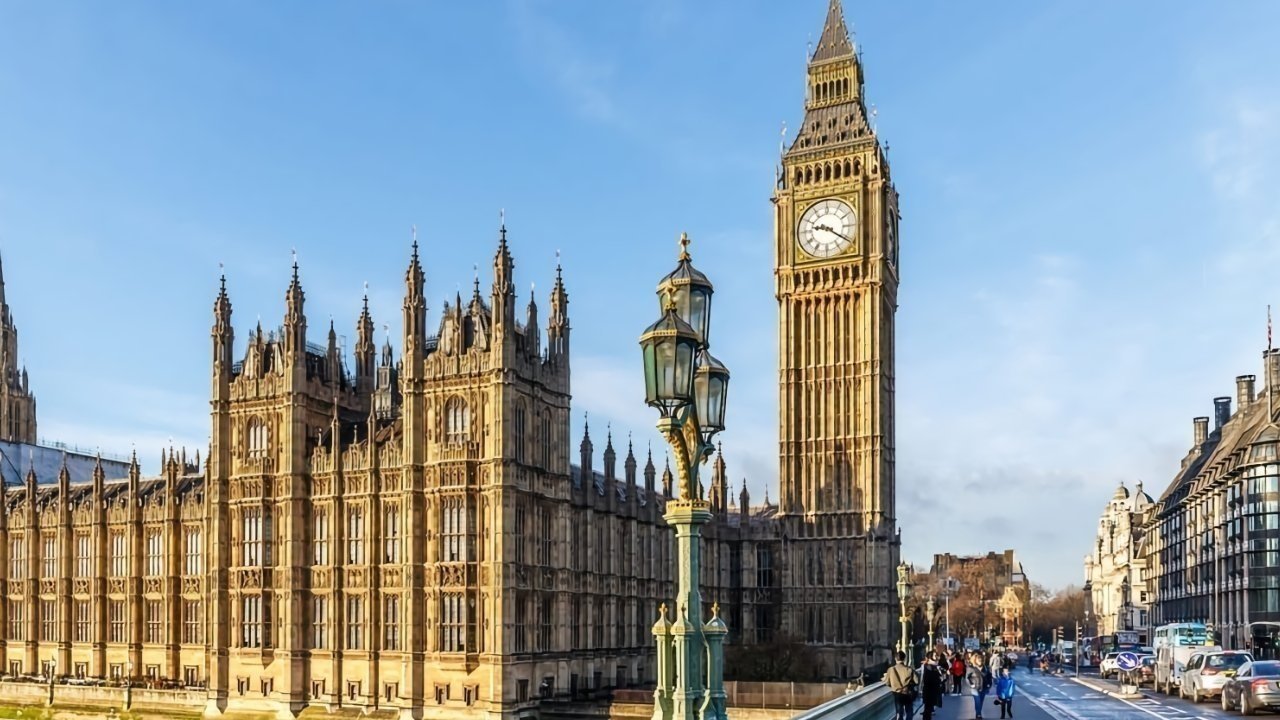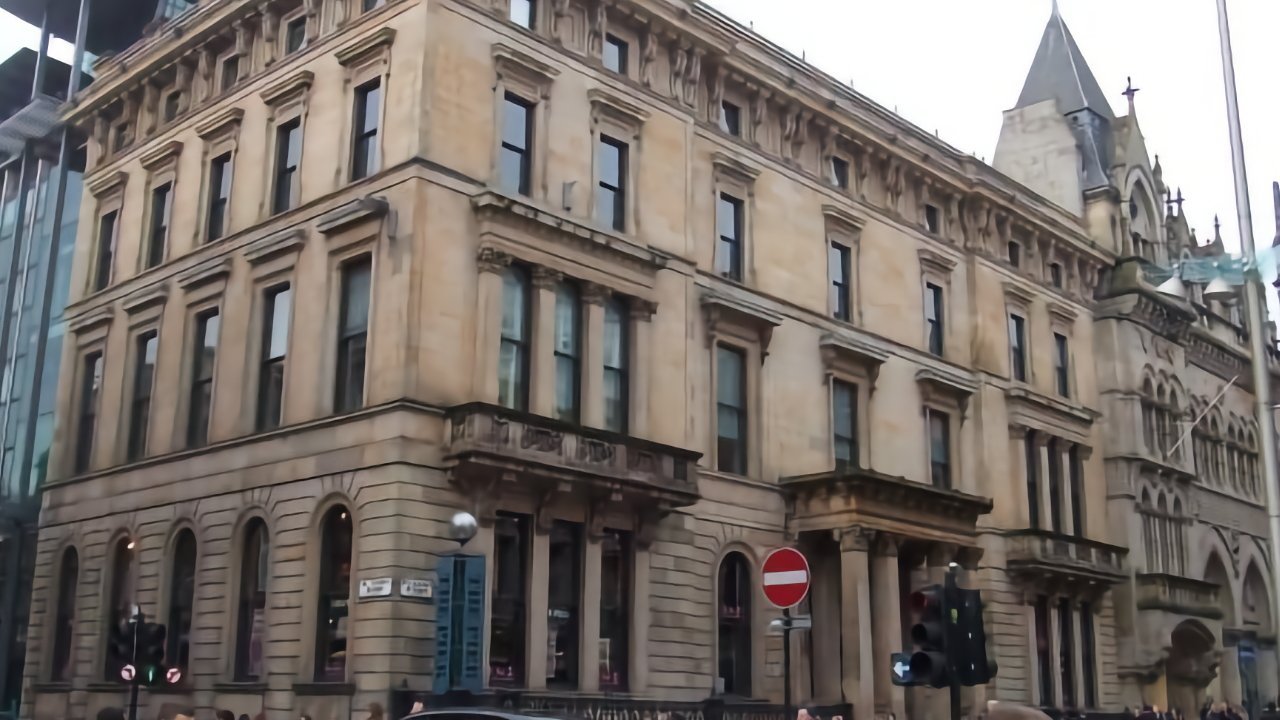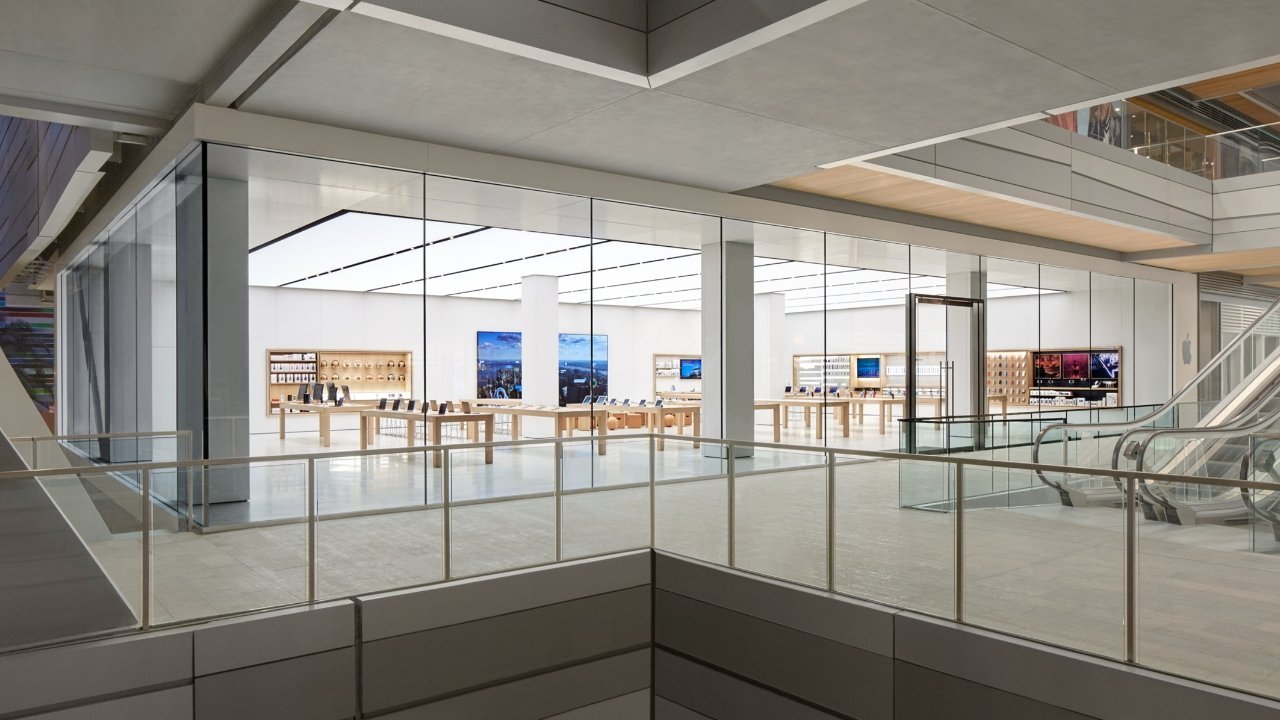The long-awaited iPhone 15 came out at September 2023's "Wonderlust" event, along with the much-rumored switch from Lightning to USB-C, but France still had a bone to pick with the iPhone 12.
France is a fine country with a long history, you should visit if you possibly can, and Paris is everything it's claimed to be. But part of that history does include one French person making a mistake and his pal covering up for him by insisting he was right.
That was over the meter, the length which defines a meter, and how whoever calculated it first, got distracted. This was 231 years ago, so let's name names: Pierre-Franois-Andre Mechain got the length wrong, and Jean-Baptiste-Joseph Delambre nodded a lot.
The result is what the French and the world call a meter in length is 0.2mm or 0.00787 inches shorter than it should be.
Fast forward those 231 years and in September 2023, it looks as if French officials did it again. They announced that the iPhone 12 exceeds safe RF radio exposure limits, threatened to ban it, and refused to listen to claims they'd got this all wrong.
Apple might have been tempted to give a Gallic shrug and walk away, since this threatened ban on the iPhone 12 came just about exactly at the same time Apple stopped selling it anyway.
When the iPhone 15 range came out, the iPhone 14 moved down the price range, and the iPhone 12 fell off the end. You can't buy an iPhone 12 from Apple now if you tried.
But what you can do, if you're the French government and you are insisting your officials are right despite Apple's claims, is go further. You can order a recall of all previously sold iPhone 12 models.
To be clear, this really was a French mistake because Agence Nationale Des Frequences (ANFR) did its own testing and said the iPhone 12 exceeded the country's Specific Absorption Rate (SAR) for RF exposure, yet everyone else disagreed.
That's not just Apple defending its product, all of the data from all of the testing other countries that did said no, it's fine.
But a recall of potentially millions of iPhone 12 models can't be shrugged off. So instead Apple gave an American "Whatev" and released an iOS update that turns down the phone's cellular modem.
Apple knew that what this had really done was slow down the iPhone 12, but it kept the update exclusive to France. Despite a strike by staff in France's Apple Stores, the company probably hoped users would soon upgrade to the new iPhone 15 anyway.
USB-C and the iPhone 15
For that's what Apple wanted September 2023 to be about, it wanted the world to see the iPhone 15 range and buy it. After all, rumors of what the iPhone 15 range would feature had been swirling since just about the launch of the iPhone 14 in 2022.
And the rumors of next year's iPhone 16 range started even before the iPhone 15 came out.
This year's model was a strange beast in that it did have major changes — chiefly the USB-C charging port, the Action Button, and a titanium finish — but otherwise didn't seem much different to 2022's range.
It's rarely a good sign when what's being debated about an iPhone is its color. But over and over, reviewers said that the blue iPhone 15 edition really ought to be blue, and not be so light that it continually appears to be white.
Tim Cook got in on the color debate too, by sounding for a moment like he was going to answer a question. When asked which of the new iPhone colors was the best, he managed to simultaneously praise them all.
Perhaps that's why he's CEO. But if Coo was predictably promoting everything, other people were predictably smashing them.
Yet again, people with money to burn and YouTube views to improve, performed drop tests on the new iPhone. If you drop anything often enough, you're going to break it, but that seems to be news to these people.
Speaking of odd people
You can't criticize anyone for not wanting to pay a lot of money to buy an iPhone. But sometimes it's better to do that than, for instance, have to spend more cash on dentistry.
For this month a woman in China chewed her way through the security cable attached to an iPhone 14 Plus in a store. She got away with it, too, for a whole 30 minutes until she was arrested outside her home.
She was an individual who had lost her own iPhone and made the decision that breaking her teeth was sensible. While she was doing that in China, though, the British government was ignoring industry experts and even an ex-head of its MI5 secret service, and pushing for a law that would see firms like Apple and WhatsApp withdrawing from the country.
The UK government insisted, insisted, and insisted that Big Tech firms must create backdoors into their messaging encryption, and then only give the keys to the good guys.
But where security concerns from an ex-MI5 chief were ignored, where all evidence from all of the companies was scoffed at, eventually the UK did a double-take. If Apple and WhatsApp left the UK, that might cost some votes at the next General Election.
So at the last minute, this new law was watered down into paste. And after the last minute, the UK insisted, insisted, insisted that it hadn't budged an inch on anything, ever, so there.
Innies and Outies
You'd think that regardless of what consideration government staff have to give to elections, when they are outside of work, they are people who use this technology just like the rest of us.
Perhaps there is a "Severance"-style disconnect switch at the front of the Houses of Parliament. And inside they get the new eight-hour Innie Mix to listen to.
That law, incidentally, was purportedly to do with child safety and also this month, advocacy group Heat Initiative launched a multi-million dollar campaign to get Apple to reinstate its iCloud CSAM detection.
And while Apple was ignoring that, for good or ill, it was also ignoring China. That country's government is working to effectively take control of the App Store as any app there will now have to get a license.
Presumably, Apple was arguing against this in private, but in practice the result this month was that it failed to remove apps from the store. No question, that stance is going to change soon.
Just let them unionize already
If Apple was talking with China, it still doesn't appear to be listening to its own retail staff. Previously on this now long-running story, it used to be that staff in Apple Stores were shielded from typical retail practices and could just advise customers without any pressure to actually sell.
Also previously on Apple Stores, this worked and you'd get people who had free advice, coming back again to buy more and more.
Somewhere along the line though, that retail utopia was switched off and retail staff are now under sales pressure, they are now not being listened to by Apple.
Apple, though, still espouses the old line that its relationship with staff is great, and therefore a union would just get in the way. Unions do that, and so they should, which is why this month staff at Apple's Southampton UK store announced they want to unionize.
No doubt, Apple will resist. But if it should just give in, if it should drop the illegal union-bashing it has been found guilty of before, at least this month it did agree a pay increase with staff at Apple Glasgow.
It's fascinating how Apple Stores were such an enormous hit — and Microsoft could not match them — because they shattered conventional retail norms. If it's also disheartening that those days are gone for the staff, there are still signs that the stores are special places for customers.
Such as 14-year-old Jose Bolanos, who was missing for 24 hours before being spotted at the Apple Brickell City Center store in Miami. Bolanos, who is autistic, went missing after his iPhone was lost.
It's not clear where he spent the night after the store closed, but he was recognized on the second day after police had circulated his image.
He was fixated on protecting his iCloud data following the disappearance of his phone, but it's nice to think he found some sanctuary in the store.
